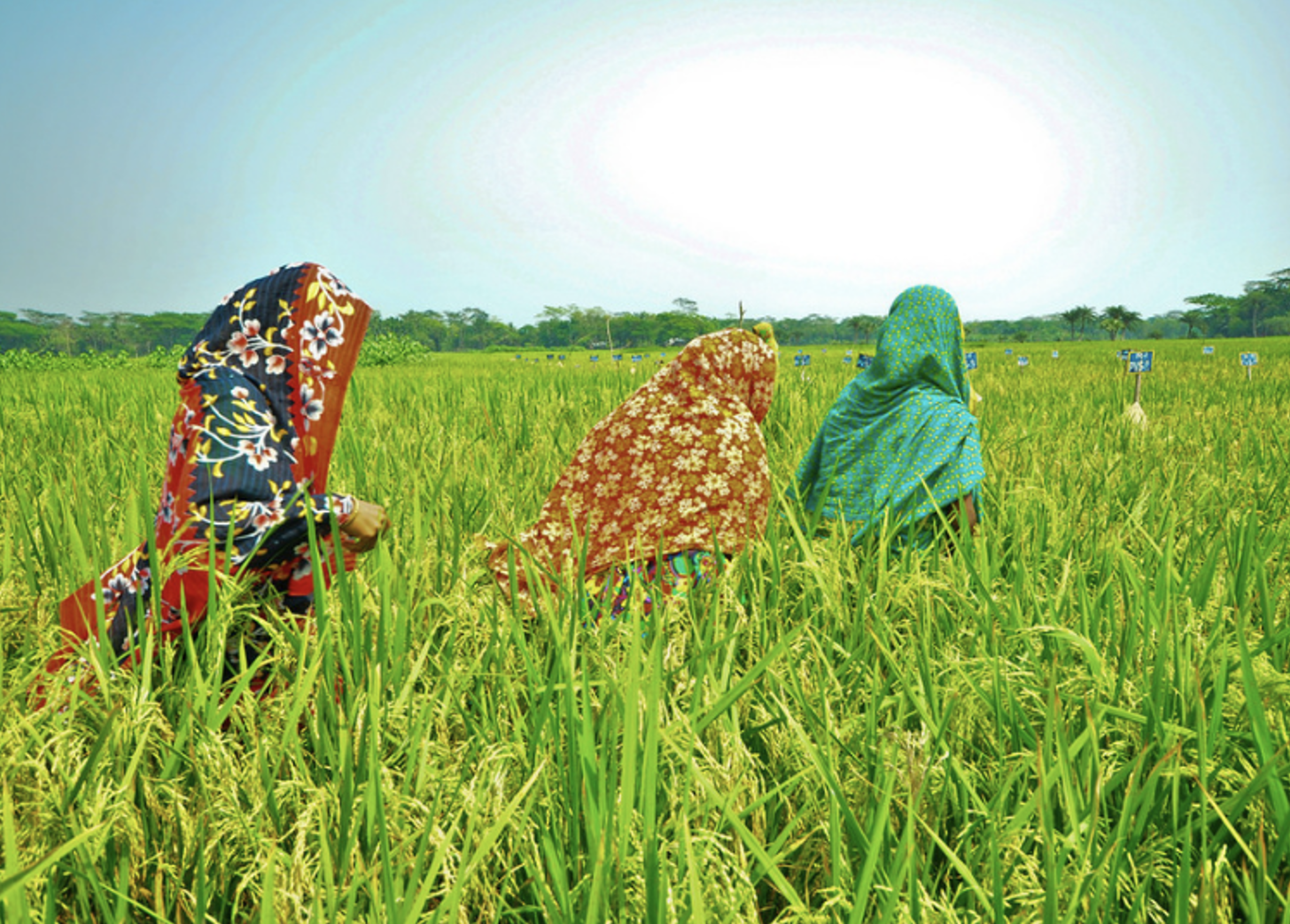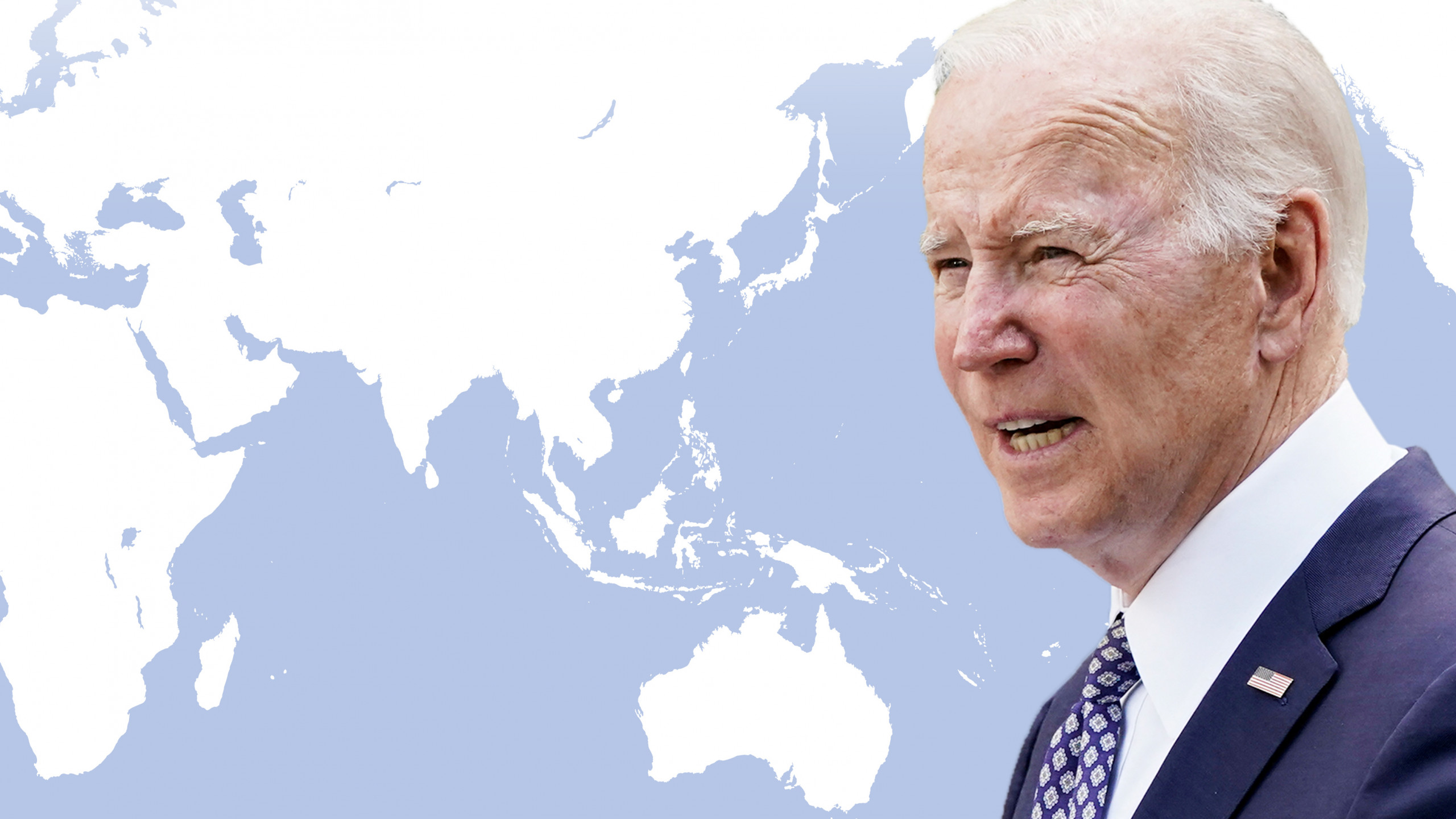Women and sustainability are interrelated factors: adopting a gender perspective towards Southeast Asian development might support post-pandemic economic recovery
Gender equality and climate change are endemic problems in Southeast Asia, and Covid-19 made them even more urgent. Good news is that ASEAN is not alone: the 2030 UN Agenda for Sustainable Development confirms the international commitment on these issues and systematizes further challenges. However, highly context-specific features play a vectoral role in the region, since it is hardly affected by climate change, and it damages disadvantaged people such as indigents and women – that often coincide.
The ASEAN Gender Outlook acknowledges ASEAN’s efforts towards gender equality, but it emphasizes that economic consequences of the Covid-19 pandemic are deemed to compromise these results. Indeed, women and girls in Southeast Asia are regarded as being hardly affected by the economic crisis. Systemic discriminations that are inherent to cultural practices, further aggravated by other factors such as predatory economic imperatives, are very influential on women’s condition. Therefore, considering that inequality is a multi-layered issue, governments are required to adopt a comprehensive perspective that values this complexity.
Given the aforementioned specificities of the region, women and sustainability are key concepts for development. According to a FAO report titled Rural women and girls 25 years after Beijing, 39% of women living in rural areas are employed in agricultural sectors. As we mentioned in a previous article, climate change is particularly inclement in Southeast Asia, affecting agriculture – leading sector of the regional economies. The overall picture is further worsened by industry-led urbanization that moved most of male labor force towards cities, leaving women in the countryside. This movement consequently produced a ‘feminization’ of agricultural work in the region.
This scenario clearly describes how women employed in agriculture are dangerously exposed to climate change effects. The situation is aggravated by the fact that feminization in agriculture did not mean a feminization of land’s right. Decision-making still relies on men. ASEAN Gender Outlook estimates that 24% of Southeast Asian lands are less fertile than in the past, and that women suffer from environmental degradation without agency to change situation: they cannot avoid the abuse of pesticides and the use of monocultures.
Adopting a gender perspective in Southeast Asia means including marginalized instances such as environmental degradation and agricultural development, economic growth and social justice. In conclusion, considering women and sustainability as interrelated factors might enhance post-pandemic recovery for ASEAN countries.






